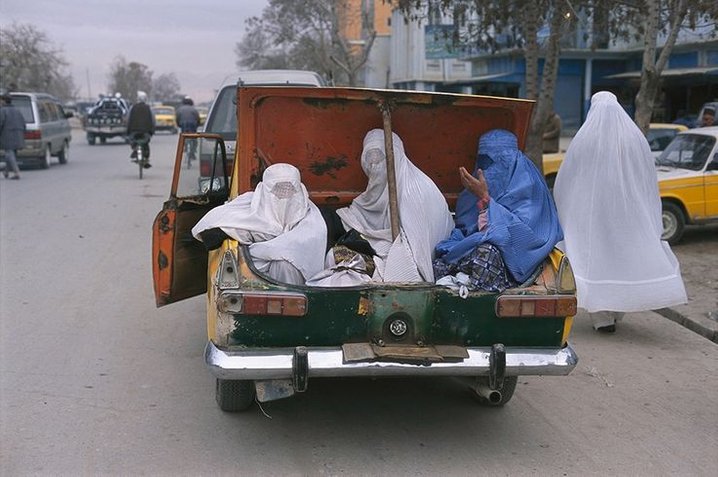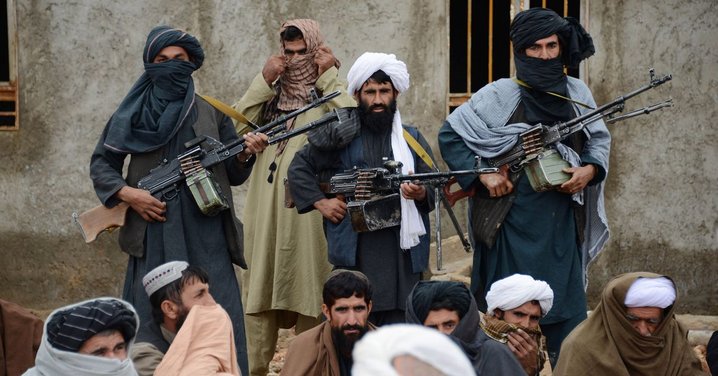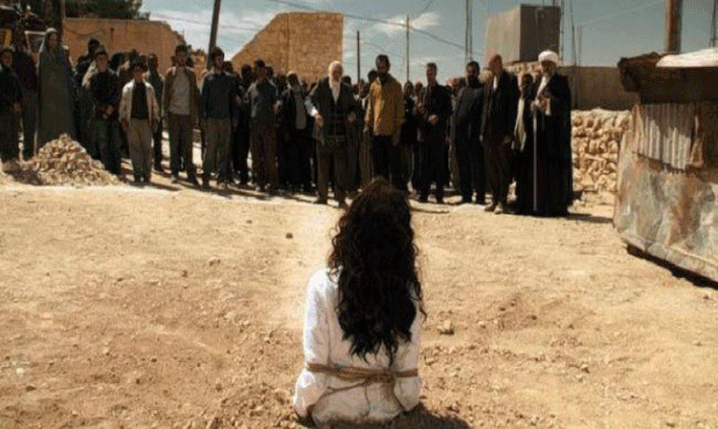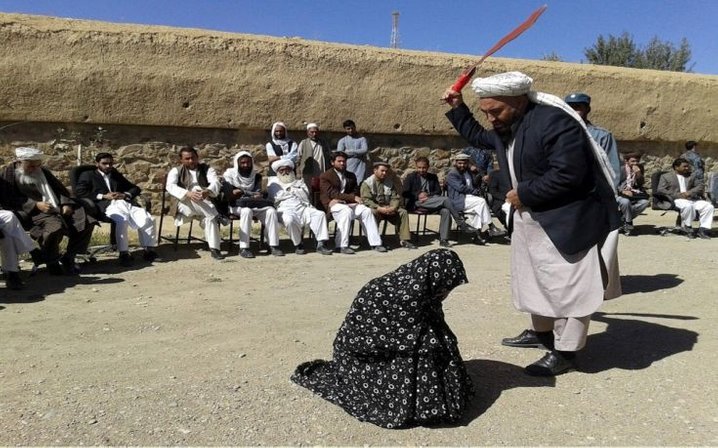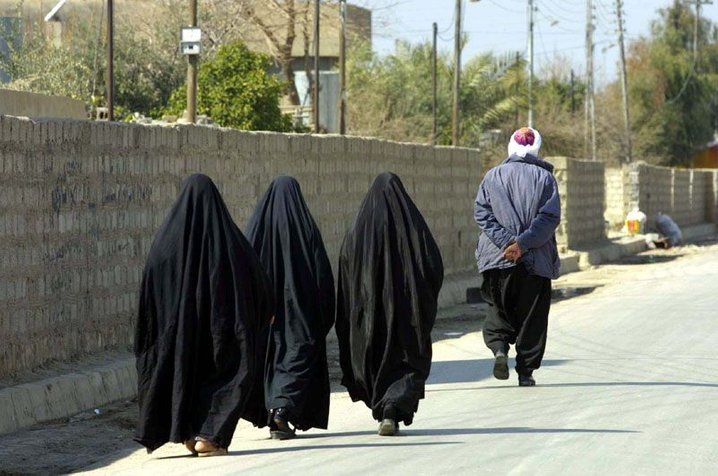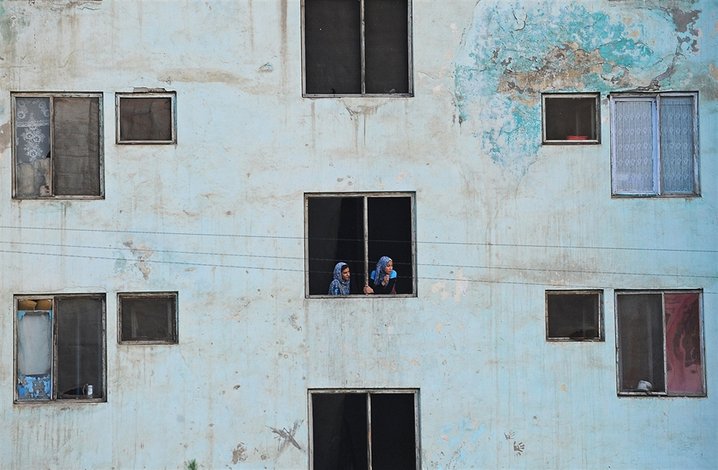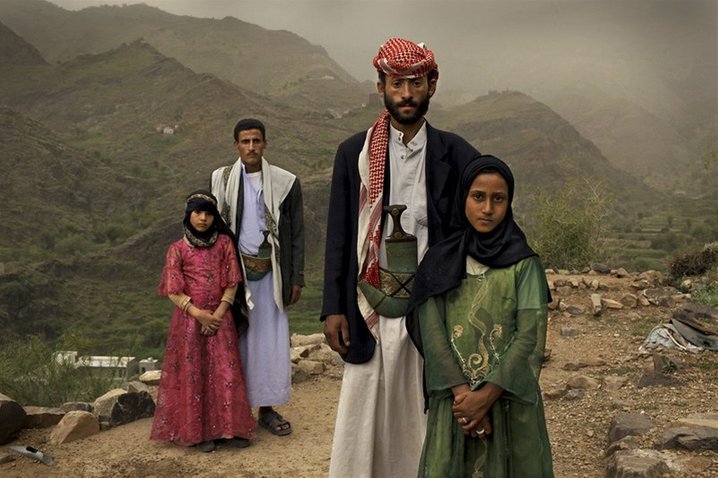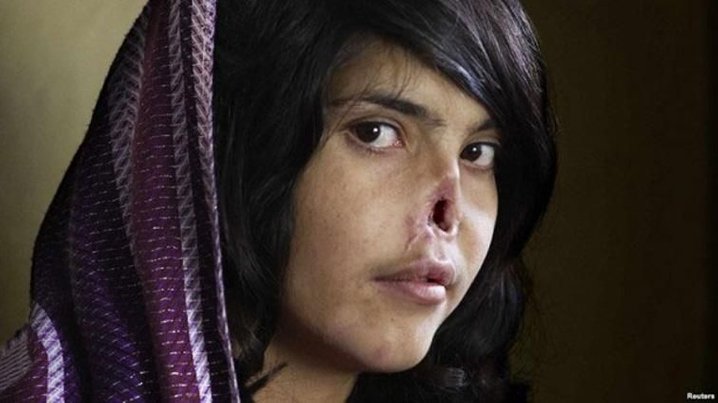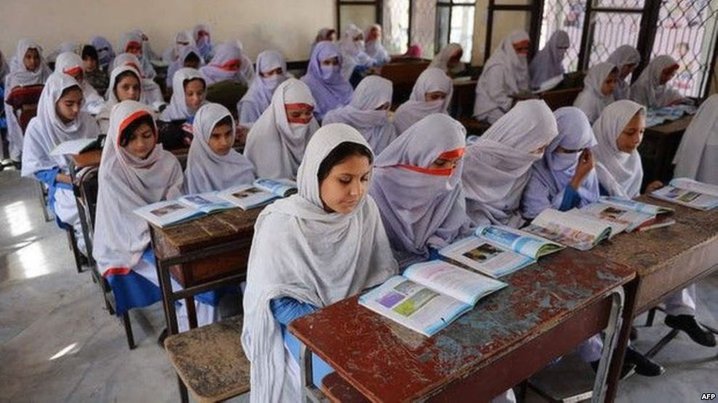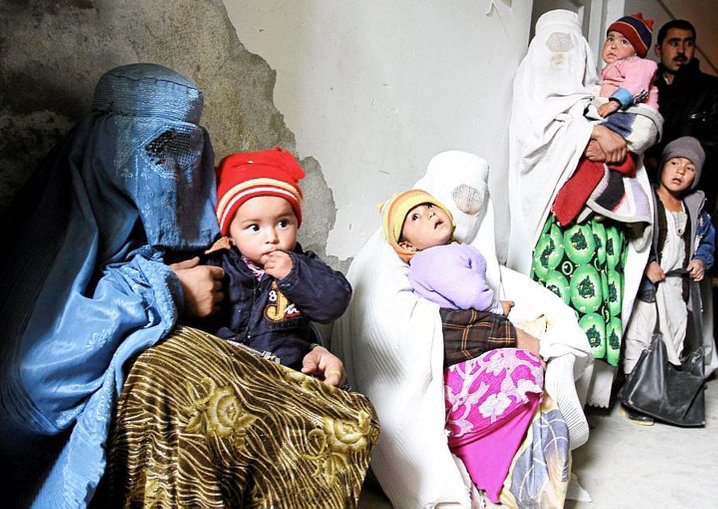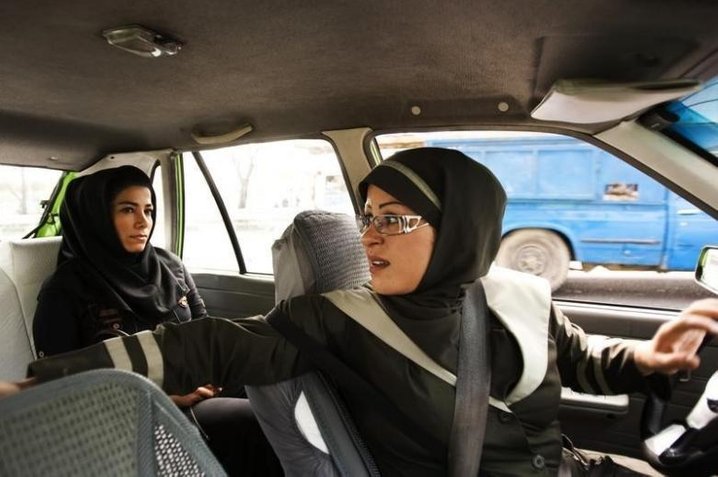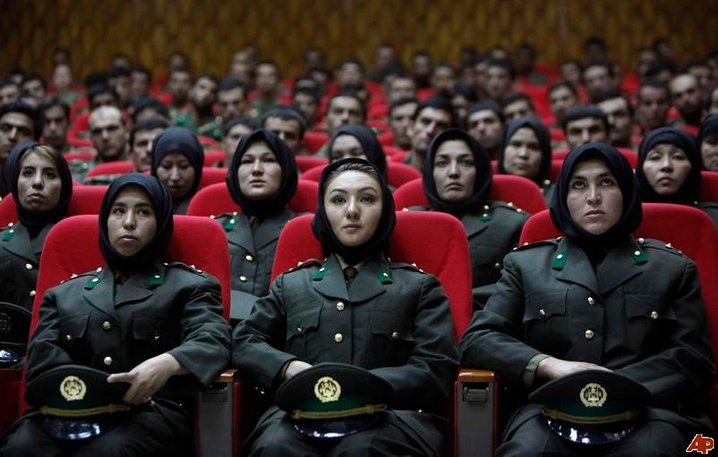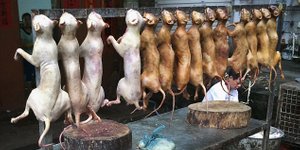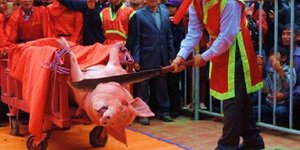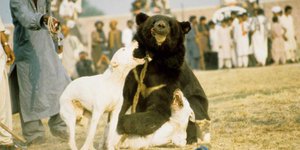Afghanistan: Most Threatening Place to Be Born as a Woman
Life here in Afghanistan has been particularly tough for women. She has very little to accomplish and is merely seen as a child producing machine. Women in Afghanistan live under fear and are denied the basic fundamental rights. Cultural restrictions in Afghanistan are to be blamed for such oppressive treatment of women.
Under Taliban’s Administration
After the Soviet occupation of Afghanistan ended in 1989, there was a huge political chaos and disputes among the various Islamic extremist groups. These self-proclaimed jihadi groups were at constant wars with each other for establishing their dominance in Afghanistan. The Taliban was one of them and was formed by the Afghan faction of Mujahideen group. Initially, Taliban received huge consideration and good will from its people as it had emerged victorious from the 1996 Afghan civil war and had managed to bring an end to the disorderliness in Afghanistan.
Taliban ruled Afghanistan from 1996 until 2001. Almost 90% of the area in Afghanistan was under Taliban’s control. Most of the Taliban administrators, leaders were uneducated and had imposed strict sharia law on its people. Under the Taliban’s rule, harsh restrictions were imposed on the woman’s freedom. Some of these are:
All the women were forced to wear a burqa and were meant to cover their bodies entirely. Women were not allowed to reveal their hands, ankles, or even a tiny part of their body, even the eyes were meant to be covered with a transparent veil.
No one was allowed to photograph or film a woman.
Women were not allowed to leave their houses without their husband or blood relatives.
Women were not allowed to laugh or talk loudly in public because it was believed that no outsider is supposed to hear a woman’s voice.
All the magazines and newspaper were prohibited from displaying the girl’s image.
Women were completely banned from working.
Girls were not permitted to attend school. Only the girls, up to the age of 8 years were allowed to go school, only for learning Quran.
Taliban believed that seeing a woman’s body could corrupt a man’s mind but in spite of taking all these preventive measures to separate male and female population, more than 25% of the Afghan women complained about facing physical violence and sexual exploitation on a frequent basis.
If a woman was caught violating any of these rules, she was liable to severe punishment. An Afghan woman was accountable to wiping for committing a crime and stoning for committing adultery. But these rules weren’t meant for the males as there is a huge gender inequality in Afghanistan. According to the Taliban’s ideology, the sole purpose of the women in the society, is to serve their men. The Taliban still has a huge presence in Afghanistan, it directly or indirectly controls one-fifth of the country’s population and there are millions of women in Afghanistan who are still facing their oppression.
Marriage and Domestic violence
Traditionally Afghan women are forced to marry according to their parent’s wishes and if a girl defies her parent’s demands, then she could go to jail for that. Most of the girls are forced into marrying men that are far older than them, whom they meet for the first time on the day of their wedding. More than 50 percent Afghan women are engaged by the age of 12 years. In some of the cases, these girls are sold off by their parents in exchange for money. Such women are left vulnerable to the exploitations inflicted on them, by their husband and in-laws.
A woman in Afghanistan does have a right to ask for a divorce in the case in domestic abuse, but in the majority of such cases, she refuses to take any legal actions in order to protect her family’s image in public and because of her economic dependence on the husband.
According to a survey done by UNICEF organization, 92% Afghan women believe that it is alright for a husband to beat his wife for any of the following reasons: Overcooking the food, denying sex to husband, going out without informing the husband and neglecting the children. Lack of education, awareness among the Afghan women is to be blamed for such acceptable behavior.
Schools for women
The literacy rate among women in Afghanistan is as low as 24% in comparison to a world average of 83%. There are thousands of unregistered schools in Afghanistan that basically aim towards teaching Islamic beliefs and values. The vast majority of women doesn’t go for formal education, instead, these women are taught in the local, unauthorized school called madrassa. Women spend the majority of their day (11 to 12 hours) in the madrassa and then help their mother in doing household chores. In such madrassas, women are taught Quran, other subjects such mathematics and science aren’t meant to be taught to girls only men are taught these subjects. At such madrassas, women are indoctrinated with all kinds of religious beliefs and are taught to be obedient as well as respectful to their male counterpart.
Such schools are mostly conducted by male teachers and the thing with them is that these male teachers are not allowed to face(see) or indulge with the female students. Therefore, the teacher has to sit behind a curtain or in a different room, in order to conduct his classes and due to this reason, the teacher is not able to give his 100% as he doesn’t have any direct control over his students.
Women Dress Code: Women were meant to wear a burqa at all times in the public, and those women who couldn’t afford to buy it, had to stay grounded at home.
Taliban: Majority of the Taliban administrators are uneducated and are of the opinion that seeing a woman’s body could corrupt a man’s mind.
Stoning: Taliban stoning a woman to death for having premarital sex with a guy.
Punishments: Strict Sharia laws were imposed on Afghan women and if a women was caught violating any of these laws, then she was liable to public flogging.
Grounded: Women were not allowed to leave their houses without their husbands.
Secluded: Women were prohibited from standing on their balconies as no stranger was meant to see her. Even the windows of the houses were painted in order to seclude her from the society.
Early Marriage: Most of the women are married to the men that are far older than them. In most of the cases, girls are sold off by their parents, in case for some money.
Domestic Violence: This woman’s nose was cut off by her impatient husband, over an argument. Most of the women face domestic violence at quite frequent basis, in Afghanistan.
Education: The literacy rate among women is only 24% and the reason why the literacy rate is so low is because the majority of the girls in Afghanistan are married in their early teens and thus her parents don’t see any point in educating their daughter who is soon to be married.
High Mortality Rate: According to WHO, Afghanistan has the 3 highest under-five mortality rate, with 257 deaths per thousand live births. In some of the cases, women ignore going to the hospital due to lack of female doctors.
Driving: After the Taliban regime, most the nonsensical bans were withdrawn by the Afghan government. Women are seen driving vehicles on the streets of Afghanistan.
Liberated: Women Soldiers in Afghan Army.
Present Situation (21st Century)
Under the Taliban’s leadership, the women had faced a lot of hardships. The overall condition of women in Afghanistan has comparatively refined over the last few years under the supervision of Karzai government. The Afghan government has erased all the prejudicial laws against women. There has been an increase in the involvement of women in the workforce. Especially in urban cities like Kabul, where various women have taken up jobs in multinational companies and have opened up their own businesses. But those living in the Taliban-ruled areas, still face discriminations.
